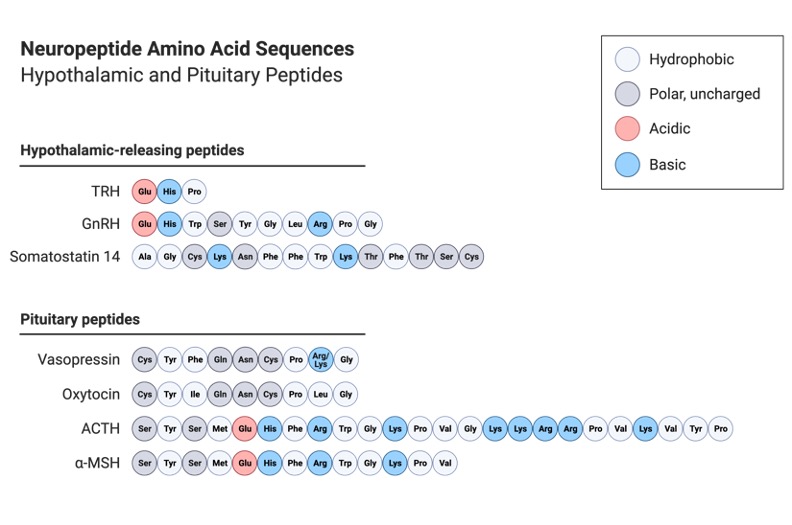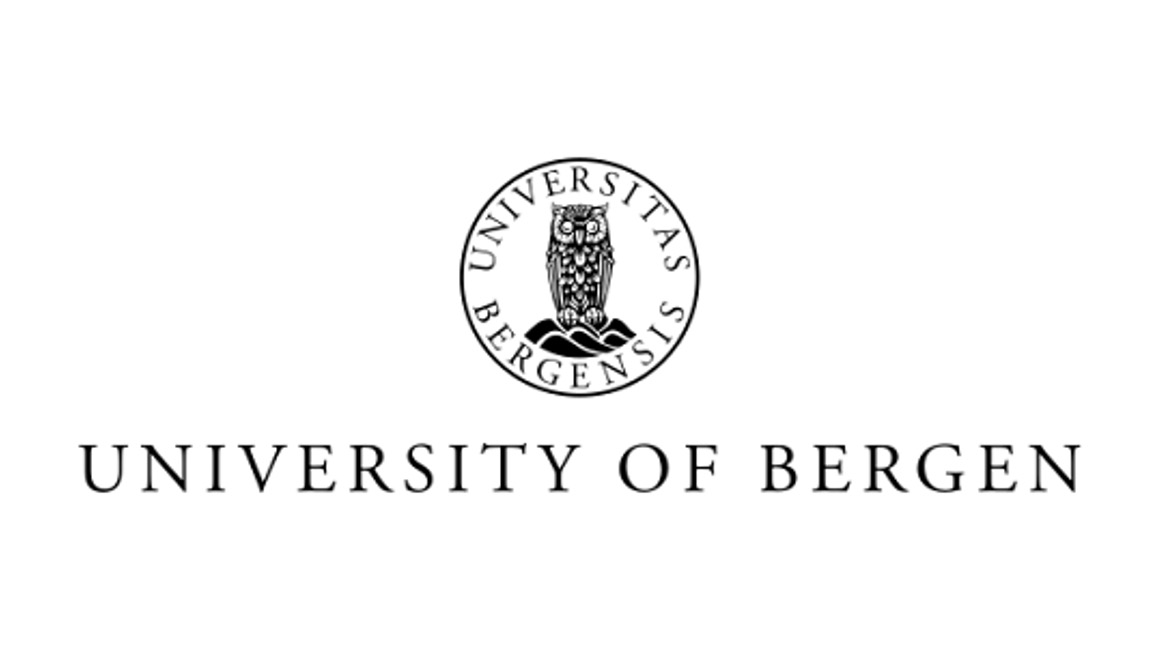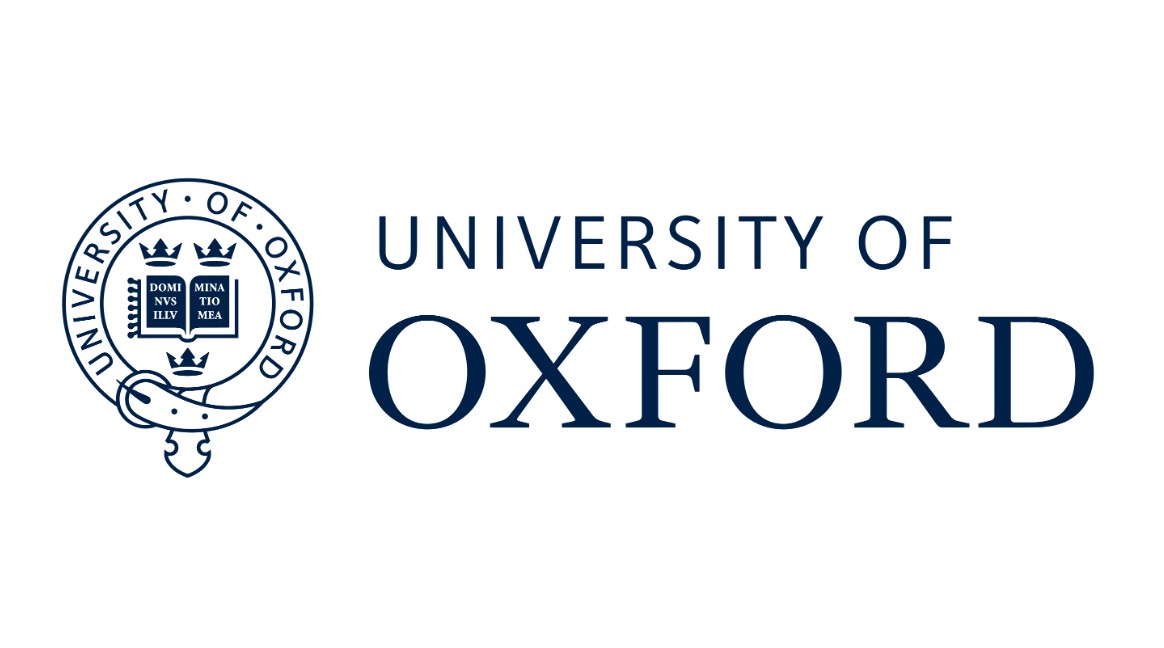Table of Contents
Oxytocin Definition
Oxytocin has long been referred to as the “love hormone.” It promotes social connection, attachment, closeness, and affection amongst people. It’s the hormone that makes individuals feel happy, warm, and cuddly when they’re with someone they care about. However, oxytocin has recently been dubbed the “fear and anxiety hormone” by others. It seems to be a never-ending echo of unpleasant recollections.
What is Oxytocin?
Biochemically, oxytocin is a neuropeptide hormone. It is also generated in non-neural cells such as the corpus luteum and placenta of females, and the Leydig cells of men, in addition to the brain. It is produced in the hypothalamus of the brain and subsequently released into the circulation by the pituitary gland.

Oxytocin levels, particularly those derived from brain sources, are connected to a variety of prosocial actions in humans. The more oxytocin is present, the more prosocial behaviour is encouraged, and hence, the more oxytocin serves as a strong love elixir.
Oxytocin: a Love Hormone
Prosocial behaviours refer to a person’s varied actions and manner that may be categorised as beneficial to other individuals or society as a whole. Helping, sharing, and other sympathetic acts of altruism are examples of how they appear.

Oxytocin has been dubbed the “love hormone” because it has been linked to the development of these prosocial behaviours. It has been identified in several studies as a neurotransmitter that helps individuals be more trustworthy, sympathetic, and giving, as well as connect with others they like. Because it is generated in large levels during the couple’s most intimate moments, oxytocin is known as the love hormone in a romantic relationship.
Oxytocin: A Two Faced Hormone
While many people think of oxytocin as the love hormone, it may also be used as a crisis chemical. While oxytocin makes us feel better by lowering our worries while we’re among the people we care about, it may also make us fearful and anxious about oncoming social conflict.
The worry or terror we experience might be linked to oxytocin. It accomplishes this biochemically by activating extracellular signal-regulated kinases, which are involved in the activation of the brain’s fear pathway. It not only reacts when we are threatened, but it also reinforces negative memories from a terrible or heart-breaking event.
When it comes to relationships, oxytocin is a hormone that both gives us that euphoric sensation associated with love and also makes us worry about things that may go wrong. Fear, like love, is a powerful feeling. It’s as though it’s a natural inclination for us. It’s possible that our reactions will differ.
We may either respond by putting more effort into a relationship or by rescuing ourselves from an impending bucket of pain produced by a broken relationship. Oxytocin is a love hormone that also serves as a crisis chemical, allowing us to be more careful and wary when we switch between love and worry.
Oxytocin Citations
- Oxytocin, motivation and the role of dopamine. Pharmacol Biochem Behav . 2014 Apr;119:49-60.
- Oxytocin and social functioning. Dialogues Clin Neurosci . 2017 Jun;19(2):193-201.
- Is Oxytocin “Nature’s Medicine”? Pharmacol Rev . 2020 Oct;72(4):829-861.
- Figures are created with BioRender.com







